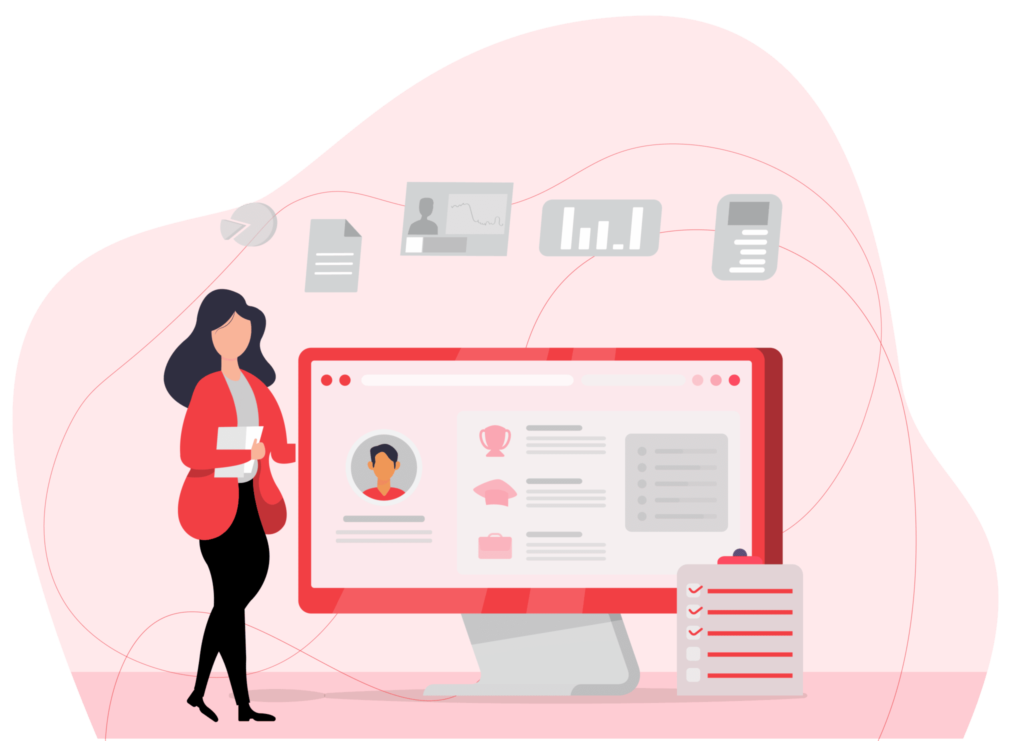1
Java Programming Language
This sub-skill focuses on the ability to write clean, efficient, and structured code using the Java programming language. It involves understanding core concepts such as variables, data types, control structures, object-oriented programming, and exception handling. Proficiency in Java is crucial for Android development as it is the primary language used for building Android applications.
2
Android App Components (Activities, etc.)
This sub-skill involves understanding and working with various Android app components, such as activities, services, broadcast receivers, and content providers. These components are essential building blocks of an Android application, and a developer should be able to create, manage, and interact with them effectively.
3
User Interface (XML Layouts)
This sub-skill focuses on designing and implementing user interfaces using XML layouts in Android. It includes knowledge of layout containers, views, attributes, and event handling. Having expertise in creating visually appealing and user-friendly interfaces is vital for providing a seamless user experience.
4
Android Resources and Assets
This sub-skill covers the effective utilization of Android resources and assets, including strings, colors, dimensions, drawables, and other resources. It involves understanding how to organize and access resources efficiently, supporting different screen sizes and orientations, and optimizing app performance by using appropriate resources.
5
Networking and API Integration (Retrofit)
This sub-skill revolves around integrating network operations into an Android application using libraries like Retrofit. It includes working with RESTful APIs, handling network requests, parsing JSON or XML responses, and implementing error handling and authentication mechanisms. Proficiency in networking and API integration is crucial for developing applications that interact with web services and fetch data from remote servers.
6
Database Persistence (SQLite)
This sub-skill focuses on implementing local data storage using SQLite databases in Android applications. It includes creating and managing database schemas, performing CRUD (Create, Read, Update, Delete) operations, and understanding concepts like content providers and SQLiteOpenHelper. Proficiency in database persistence is essential for developing applications that require offline data storage and synchronization.
7
Version Control (Git)
Version control (Git) is a crucial skill for Android developers as it allows for tracking changes in code, collaborating with team members, and reverting to previous versions if needed. By using Git, developers can work on different features or bug fixes simultaneously without worrying about conflicts. It also provides a safe and organized way to manage code repositories, ensuring that projects are always up-to-date and easily accessible. Overall, mastering Git is essential for efficient and effective software development in the Android ecosystem.
8
Linked Lists - Java
A linked list is a data structure that consists of nodes, where each node contains a data element and a reference to the next node in the sequence. Linked lists are important in Java programming as they provide a dynamic way to store and access data. Unlike arrays, linked lists can easily grow or shrink in size without needing to be resized. This makes them ideal for situations where the size of the data is unknown or constantly changing. Additionally, linked lists allow for efficient insertion and deletion of elements, as elements can be easily added or removed by changing the references between nodes.
9
Coding knowledge
In the Android Developer (Basic) course, students will learn fundamental coding knowledge such as Java programming language, XML, and Android Studio. Understanding these skills is crucial for building Android applications as they form the foundation of app development. Java is the primary language used for Android development, while XML is used for designing user interfaces. Android Studio is the official integrated development environment for Android app development. Mastering these skills will enable students to create functional and visually appealing Android applications, making them well-equipped for a career as an Android developer.
10
Logical thinking
Logical thinking is an essential skill covered in the Android Developer (Basic) course as it involves the ability to analyze and evaluate information in a systematic and rational way. This skill is crucial in programming as it helps developers to identify and solve complex problems efficiently. Logical thinking enables developers to break down tasks into smaller, manageable components, identify patterns, and make informed decisions. By developing this skill, Android developers can write clean, efficient code, troubleshoot errors effectively, and create innovative solutions to enhance user experience.



